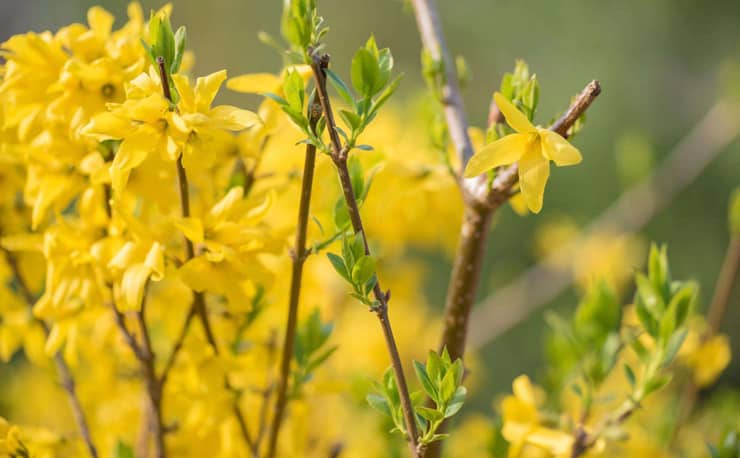St. John’s wort Hypericum perforatum extract is one of the most common medicinal plants in the country and is famous among the people. When it blooms, its golden-yellow flowers, like a bonfire, “exhale” the life-giving rays of the sun, envelop the meadows, and make their garlands. This plant is widely known in herbal medicine. For thousands of years, all nations, and different segments of the population have used the valuable properties of Hypericum perforatum extract.
There was a belief among the people that St. John’s wort was “a weapon against witches and devils,” and therefore the grass was given sonorous names: “God’s grass,” “God’s mercy.” Until now, among the doctors, there is a perception that this plant makes people so bright, so joyful, as they swallow the sun. Modern science can explain the wonderful properties of a plant.
There is a statement that these substances are capable of returning the harmony of rhythmic balance to a person. Thus, in the light of modern research, Hypericum perforatum extract is truly presented to us as ancient physicians believed it. It is a natural neurophilic remedy, relieves depression and nervousness, weakness of the nervous system, anxiety, and nervous exhaustion, and therefore gives excellent results in treating many characteristic diseases of our time with its dynamic pace of life. St. John’s wort is mainly used in treating diseases of the alimentary canal.
Preparations from it help to reduce spasms of the intestine and biliary tract, somewhat dilate blood vessels, have a rather pronounced anti-inflammatory effect on the mucous membranes of the digestive tract (the action of tannins), a slightly astringent and bacteriostatic action (essential oil, tannins, resinous compounds). Hypericum preparations significantly limit the growth of pathogenic bacteria (mostly gram-positive) but do not affect fungi. They normalize the excretory function of the gastric glands: with low acidity, they increase the secretion of gastric juice.
Hypericin present in the plant is a catalyst for intracellular reactions and a regulator of vital processes in the body. It is formed from two parts to emodinotron, and in structure and some properties, it approaches Hematoporphyrin. Therefore, it is assumed that it acts on biochemical processes in organs affected by malignant tumors. About this relationship, Hematoporphyrin with hypericin is evidenced by the fact that when using extracts of the herb St. John’s wort skin becomes hypersensitive to ultraviolet rays. In the case of external use of Hypericum, especially its flowers, it is anti-inflammatory, astringent, a bacteriostatic effect on many skin diseases.
Hypericum perforatum extract preparations are effective in treating disorders of the nervous system, neuro dystonia, migraine, and bed-wetting in children. However, they are more often used to stimulate appetite, as an astringent for colitis (the action of tannin-like flavonoids), and to accelerate wound healing (antibacterial action). Mixed with other plants, St. John’s wort is used to treat liver diseases, in particular in cases when jaundice accompanies them; acute and chronic pyelonephritis, cystitis, kidney disease, and complications of pyelonephritis. St. John’s wort stimulates the action of the heart, increases blood pressure, constricts blood vessels (the action of choline), and soothes the pain.
In scientific medicine, St. John’s wort is successfully used for the treatment of kidney disease. Clinical studies have shown that the ether-alcoholic brew of the plant works well in acute and chronic colitis. The anthelmintic property of Hypericum at the invasion of the dwarf chain was studied. To expel helminths, 15% infusion ladders were used, which were prescribed in 90-150 ml three times a day for three days with the onset of laxatives. The course of treatment consisted of three cycles with breaks between 9-12. Days. Patients with chronic gastritis are prescribed 10% hypericum infusion 100 g three times a day before meals for 1-2 months. As a result of this treatment, pain, heartburn, and other dyspeptic disorders disappear in patients, and the acidity of the gastric juice is normalized.
Contraindications!
Preparations with Hypericum perforatum extract are not recommended for use with prolonged exposure to the sun, work in radiological laboratories, the presence of intensive UV irradiation, and at high temperatures.
Under these conditions, it can cause allergic skin lesions. Do not recommend St. John’s wort for severe forms of hypertension, elevated body temperature, idiosyncrasy, pregnancy, and breastfeeding.








